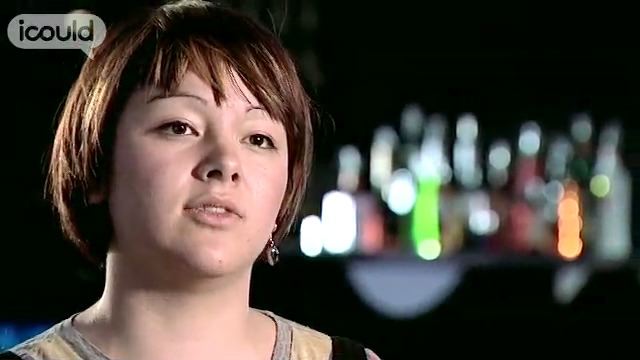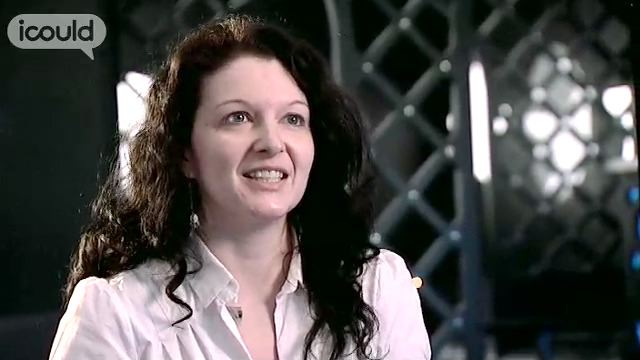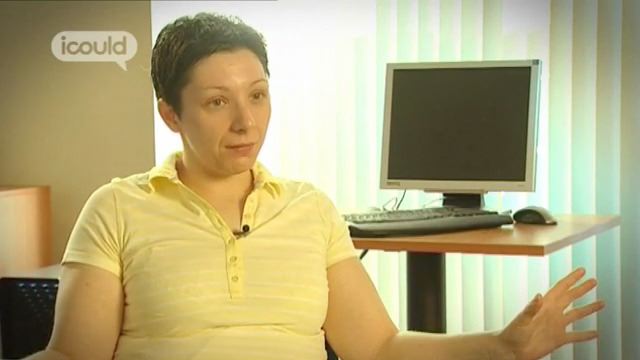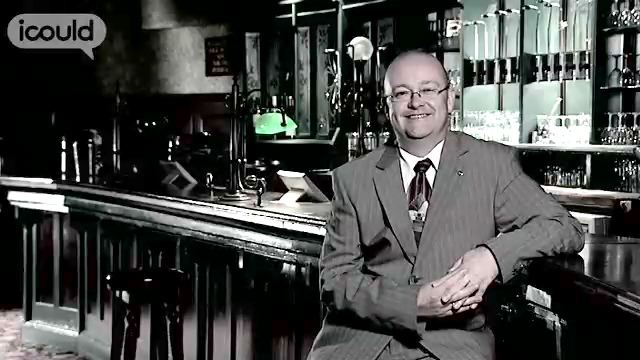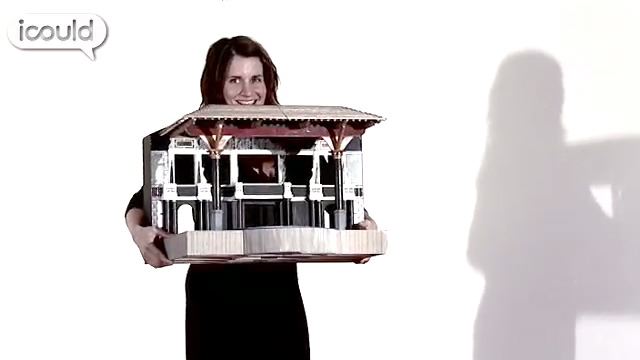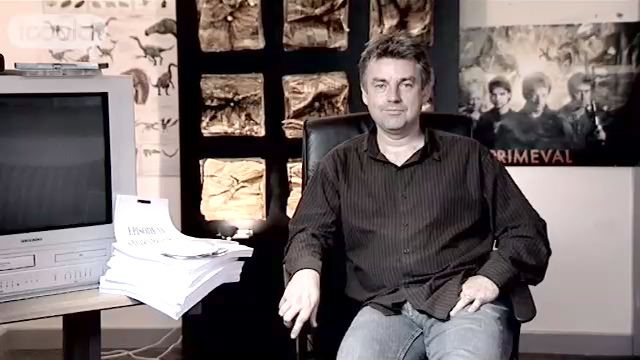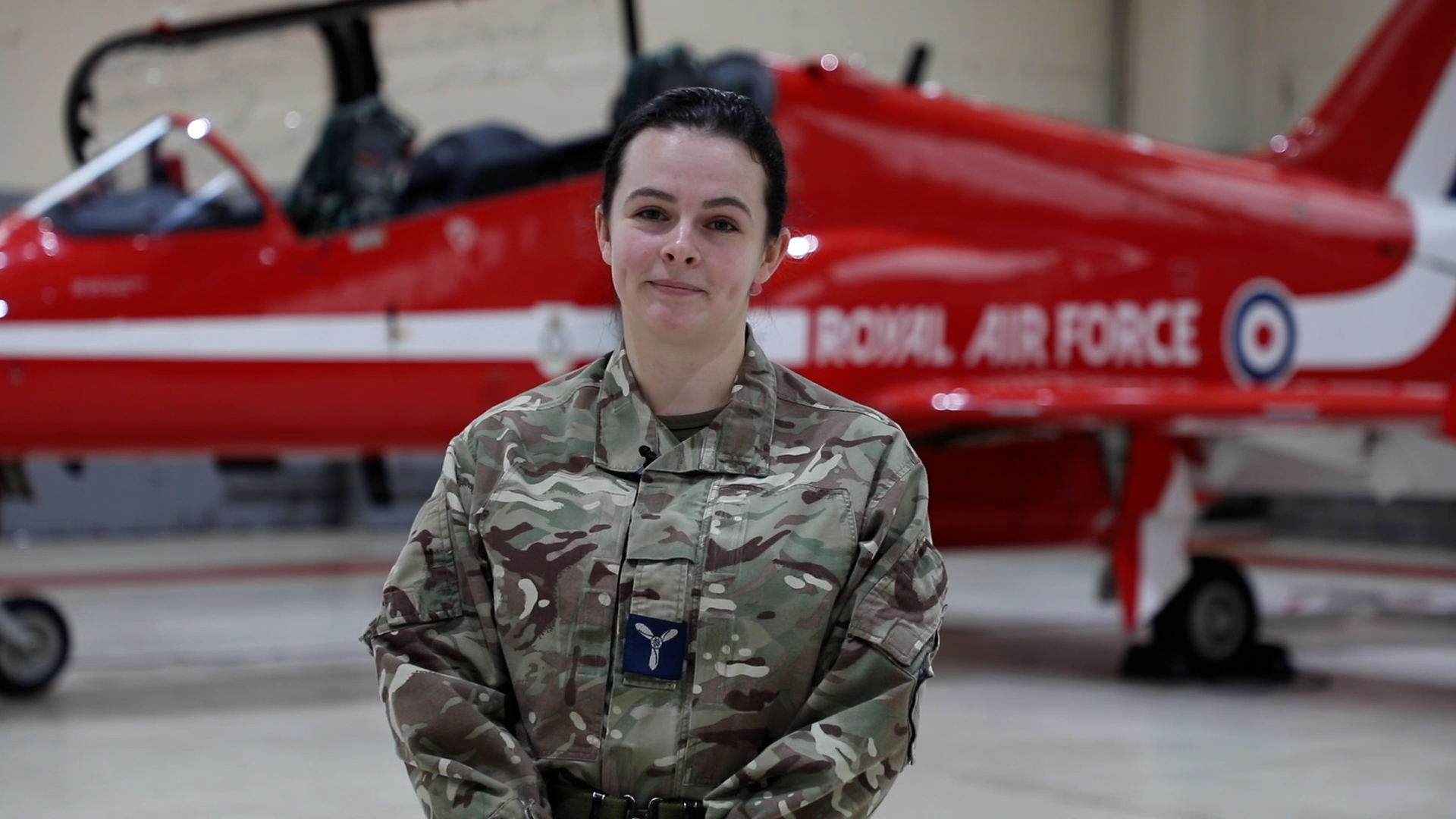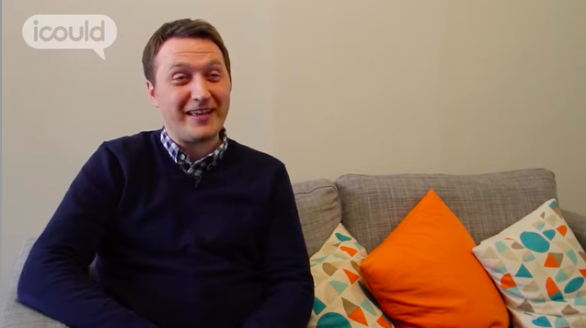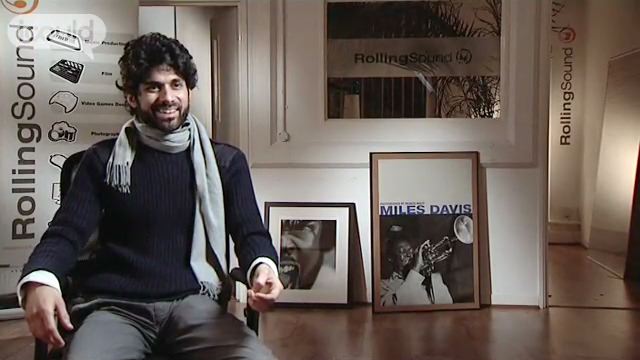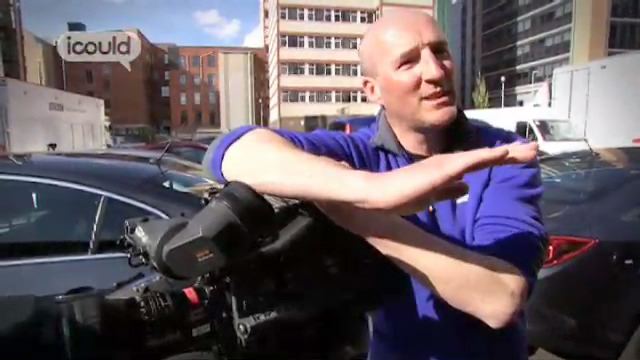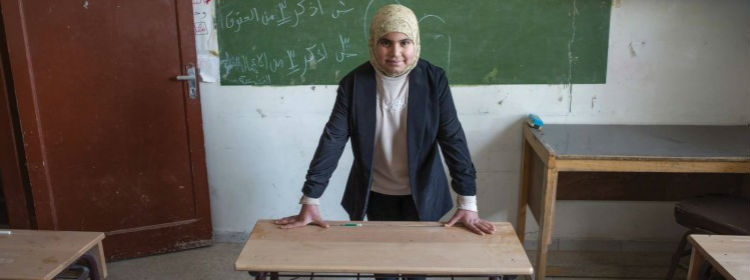Explore: Media
2nd Assistant Director - Television
ITV
info Issues viewing the video?
|
|
PETER H |
|
00:02 |
My name’s Peter H and I’m the second assistant director on Emmerdale. |
|
00:05 |
Day to day it’s essentially making sure the schedule runs to time and getting the artists in on time, getting them through costume and make-up. If you’re on location, it’s arranging the transport. Getting them on site in the right frame of mind, so they’re not stressed and keeping an eye on the schedule, so that if you get ahead or behind, you change call times accordingly. You contact the artist, get them in earlier, delay them if needs be. |
|
00:27 |
I started at Yorkshire Television, as it was then, in 2004 on Heartbeat, as a runner/driver and I did that for about five and a half years, gradually progressing to become third AD. It sounds really basic. But I watched the credits and looked for the line producer and then guessed the email address and just sent an email and hoped it got to her, which it did and she got back to me and I went in for two weeks initially, to cover somebody on holiday and I ended up staying five and a half years. And that was just through looking, just using my initiative, looking at the credits and contacting them. |
|
01:08 |
Through Heartbeat, I got some contacts within YTV, so that when Heartbeat finished, I got into Emmerdale, through knowing various people there and came into Emmerdale as a third AD on dailies, so doing, and a third AD is doing the extras and choreographing them all, so that it works within a scene and backing up the first AD for quiet on the floor and I did that for about three months and then they asked me if I’d like to step up to second, which I did and did that for about three months and then the contracts gradually became longer and longer and I’m here four years later as second AD. |
|
01:47 |
At school I would say I was bit of a swot. My favourite subjects were English and history and then when I got to GCSE A level period, I took media studies and from there took that on to university. |
|
02:07 |
I did media studies at Sheffield Hallam, that was a three year course, part practical, part theoretical. University was a good grounding and helped me but getting the job, starting on the job and making the mistakes as you went along, that’s how you learn and that’s where I started to learn, when I got my first job. |
|
02:24 |
I left university in 2002 and I’m from Nottinghamshire and near me, at that time, there were studios in Nottingham and I wrote to the studios there, not knowing anybody, just wrote to the personnel department and asked if there was anything I could watch, observe and they were doing Family Fortunes at that time. So I went in for the day and two days later, unbeknown to me, after Family Fortunes, they rang me from Crossroads, which they were reviving and they said, you came in the other day, we were impressed with you, would you like to come in for a chat for a runner job on Crossroads, which I said yes to, and I got the job. And that was my first job. |
|
03:03 |
I didn’t know anybody in television, when I got in, to get into the role, but I was always fascinated by it. But I always remember when we were at A level, they had a former pupil come into the school, who was then a director and still is a director at the BBC and he came in and gave us a talk and I got talking to him, Julian Smith, his name was, and he was the first person who I really found who was doing something that I wanted to do. So he was a big influence, him coming in and talking to us. |
|
03:32 |
After his talk, I did keep in touch with him and he got me the first of two work placements at Children’s BBC as it was then, well it’s in London on Short Change, which was a magazine show for children. |
|
03:47 |
If you want to do it, stick at it. You’ll get knocked back, but keep focussed on it and keep contacting people. Always chase up the contacts, don’t be too, don’t be a pain, but always chase up your letters if you don’t hear from them or your emails, after a week or so, chase it up. Offer to do work placements for free cos very often it could lead to something, it could lead to some paid work or lead to somebody who could give you some work. Stick at it, stay focussed and hopefully you’ll get results. |
|
04:17 |
End of Peter H |
Peter really loved school and one of his favourite subjects at A Level was Media Studies, which he decided to take on the degree level. His first job after uni was as a runner on Crossroads. He then moved to Heartbeat and has gradually progressed up to 2nd Assistant Director on Emmerdale. His advice for anyone wanting to work in TV would be to get work experience and get to know everyone when you’re there!
More information about Arts officers, producers and directors
Data powered by LMI For All
£50,440
average salary
The UK average salary is £29,813
38
average weekly hoursThere are 37.5 hours in the average working week
42%
male
58%
female
The UK workforce is 47% female and 53% male
Future employment
Future employment
Description
Arts officers, producers and directors assume creative, financial and organisational responsibilities in the production and direction of television and radio programmes, films, stage presentations, content for other media, and the promotion and exhibition of other creative activities.
Qualifications
Entry can be via academic qualifications, BTEC/SQA awards, diplomas or degrees in sector-relevant subjects. Apprenticeships are available at NVQ Levels 2 and 3 in some areas.
Tasks
- Chooses writers, scripts, technical staff and performers, and assumes overall responsibility for completion of project on time and within budget;
- Directs actors, designers, camera team, sound crew and other production and technical staff to achieve desired effects;
- Breaks script into scenes and formulates a shooting schedule that will be most economical in terms of time, location and sets;
- Prepares rehearsal and production schedule for main events, design of sets and costumes, technical rehearsals and dress rehearsals;
- Ensures necessary equipment, props, performers and technical staff are on set when required;
- Manages health and safety issues;
- Selects, contracts, markets and arranges for the presentation and/or distribution of performance, visual and heritage arts.
Employment by region
Top 10 industries for this job
Libraries, etc
22289
Film & music
19044
Office admin.
5046
Head offices, etc
4944
Arts & entertainment
4930
Broadcasting
4755
Computer programming, etc
3115
Advertising, etc
3003
Employment activities
2647
Sport & recreation
2609
Employment status
Related career stories
⇦
⇨
